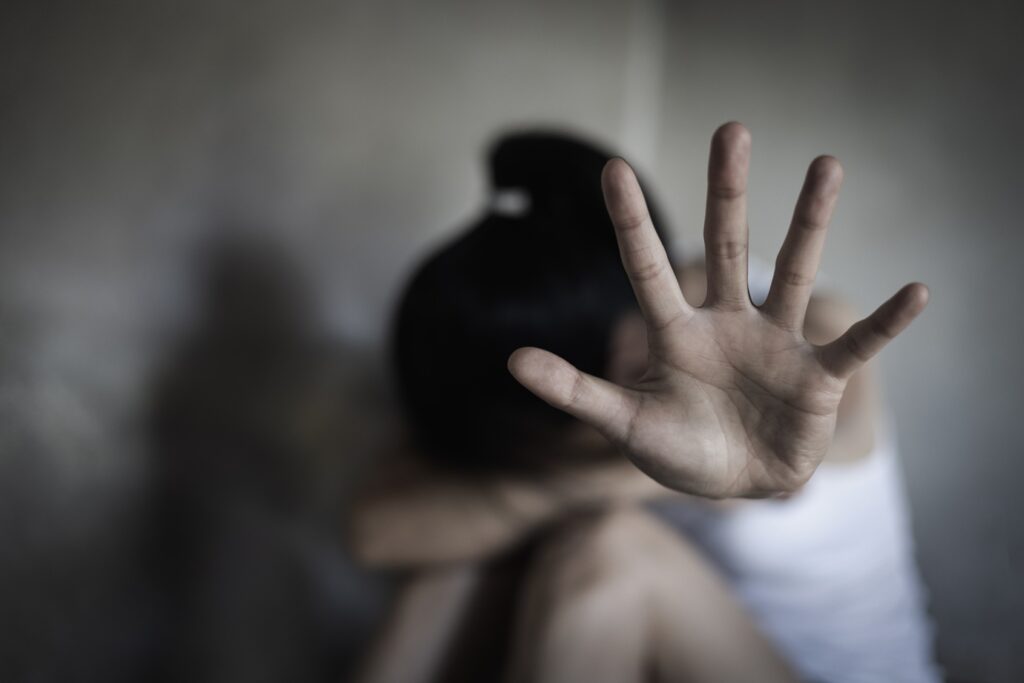Around 840 million women have experienced partner or sexual violence during their lifetime, according to a landmark report, released today by the World Health Organisation (WHO) and UN partners.
It’s a figure that has only shown an annual decline of 0.2 per cent over the past two decades, highlighting the fact that violence against women remains one of the world’s most persistent and under-addressed human rights crises.
The report shows that in the last 12 months alone, 316 million women were subjected to physical or sexual violence by an intimate partner.
National and regional estimates of sexual violence by someone other than a partner have been included in the report for the first time. The data shows 263 million women have experienced a non-partner sexual violence since age 15, with experts warning the figure is significantly under-reported due to stigma and fear.
“Violence against women is one of humanity’s oldest and most pervasive injustices, yet still one of the least acted upon,” said Dr Tedros Adhanom Ghebreyesus, WHO Director-General.
“No society can call itself fair, safe or healthy while half its population lives in fear. Ending this violence is not only a matter of policy; it is a matter of dignity, equality and human rights,” said Dr Ghebreyesus, adding that “every statistic is a woman or girl whose life has been forever altered”.
Partner and non-partner violence
Ahead of International day for the elimination of violence against women and girls on 25 November, the report offers the most comprehensive study on the prevalence of violence against women from both partners and non-partners.
The report updates 2018 estimates released in 2021, and it analyses data between 2000 and 2023 from 168 countries.
The data shows women subjected to violence face widespread and lifelong risks, including unintended pregnancies, higher rates of sexually transmitted infections and depression.
In the past 12 months, 12.5 million adolescent girls aged 15-19 have experienced physical and/or sexual violence from an intimate partner.
Physical and sexual violence against women is found to be most pervasive in countries that are least-developed, conflict-affected and climate-vulnerable.
Oceania (excluding Australia and New Zealand) reports 38 per cent prevalence of intimate partner violence in the past year, which is more than 3 times the global average of 11 per cent.
Lack of funding
Despite the crisis worsening from technological shifts and rising socio-economic inequality, the report says funding is collapsing for initiatives with effective strategies to prevent violence against women.
In 2022, only 0.2 per cent of the global development aid was allocated to programmes focused on prevention of violence against women, and funding has further fallen in 2025.
The report calls for greater government action and funding to scale up evidence-based prevention programmes, strengthen survivor-centred services, invest in data systems to track progress and to enforce policies empowering women and girls.
“Ending violence against women and girls requires courage, commitment, and collective action,” says Dr Sima Bahous, Executive Director of UN Women.
“Advancing gender equality is how we build a more equal, safer world for everyone, where every woman and every girl can live a life free from violence.”
If you or someone you know is experiencing, or at risk of experiencing, domestic, family or sexual violence call 1800RESPECT on 1800 737 732, chat online via 1800RESPECT.org.au or text 0458 737 732.
If you are concerned about your behaviour or use of violence, you can contact the Men’s Referral Service on 1300 766 491 or visit www.ntv.org.au.
Feeling worried or no good? No shame, no judgement, safe place to yarn. Speak to a 13YARN Crisis Supporter, call 13 92 76. This service is available 24 hours a day, 7 days a week.
In an emergency, call 000.


